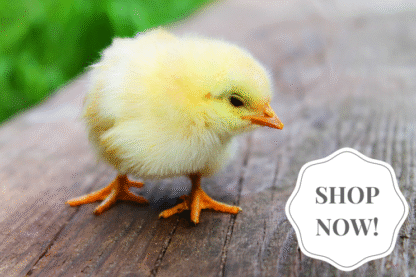
The white birch is Russia’s national tree. Its curative properties have been recognized in that country since ancient times. Russians have long used birch bark to treat wounds. They used birch tree essential oil as a dewormer. They used birch sap, birch tar, and other birch tree extracts to treat hundreds of diseases, from bronchitis to cancer. Now the rest of the world is catching on. The birch tree’s secret is betulin, a substance being investigated as a possible alternative antibiotic for poultry.
What is Betulin?
Betulin is a botanical, also known as a phytobiotic or phytonutrient. “Phyto” comes from the Greek word phyton, meaning plant. A phytobiotic is a plant-derived supplement added to livestock feed (or to the human diet) to enhance health and productivity.
Essential oils get a lot of press, but they are only one type of phytobiotic. Other kinds of phytobiotics include herbs, spices, and extracts.
Betulin occurs in some two dozen unrelated plants. One of the major sources is the white birch tree, in which the betulin content varies from 10% to 35%. Betulin is what makes birch bark look pure white. Even if the rest of the birch tree dies and rots away, the bark resists rotting and remains white, thanks to the antimicrobial properties of betulin.
Researchers at the Russian Academy of Science have discovered benefits to using betulin instead of antibiotics to improve the health of fast-growing broilers. Betulin-based supplements were found to reduce deposits of subcutaneous and abdominal fat, while improving meat quality through the development of compact muscle tissue.
How Does Betulin Work?
The exact mechanisms by which betulin, or any phytobiotic, works is the subject of ongoing research. So far, scientists have identified these, among other, beneficial properties:
- Appetite Stimulant — A phytobiotic enhances the flavor of feed, stimulating the chickens’ appetite and improving digestion by increasing the secretion of digestive enzymes.
- Immunity Enhancer— A phytobiotic improves a chicken’s immunity by promoting the health of immune organs (thymus, spleen, cloacal bursa, etc.) and increasing the activity of lymphocytes (such as T cells produced by the thymus and B cells produced by the cloacal bursa).
- Antimicrobial Agent — Betulin is antimicrobial in its ability to destroy or inhibit the growth of many types of disease-cause microorganisms.
- Anti-inflammatory Agent — In addition to its ability to minimize inflammation caused by an injury or infection, betulin combats a type of inflammation that persists in healthy tissues that can lead to serious long-term health issues and even death.
- Antioxidant Provider— Plants produce organic chemicals, called antioxidants, that protect them from such things as pathogens, pollution, and ultraviolet sunlight; the antioxidants in betulin and other phytobiotics can help chickens live longer, healthier lives.
As the poultry industry seeks alternatives to the use of antibiotics for growth-promotion and the maintenance of health in fast-growing broilers, backyard poultry keepers benefit from the knowledge thus gained, especially since legislation now limits the use of antibiotics for veterinary purposes. And, aside from their potential as natural curatives, phytobiotics like betulin offer other health benefits that can reduce or eliminate the need for antibiotics in the first place.
And that’s today’s news from the Cackle Coop.
Gail Damerow is author of The Chicken Health Handbook.

